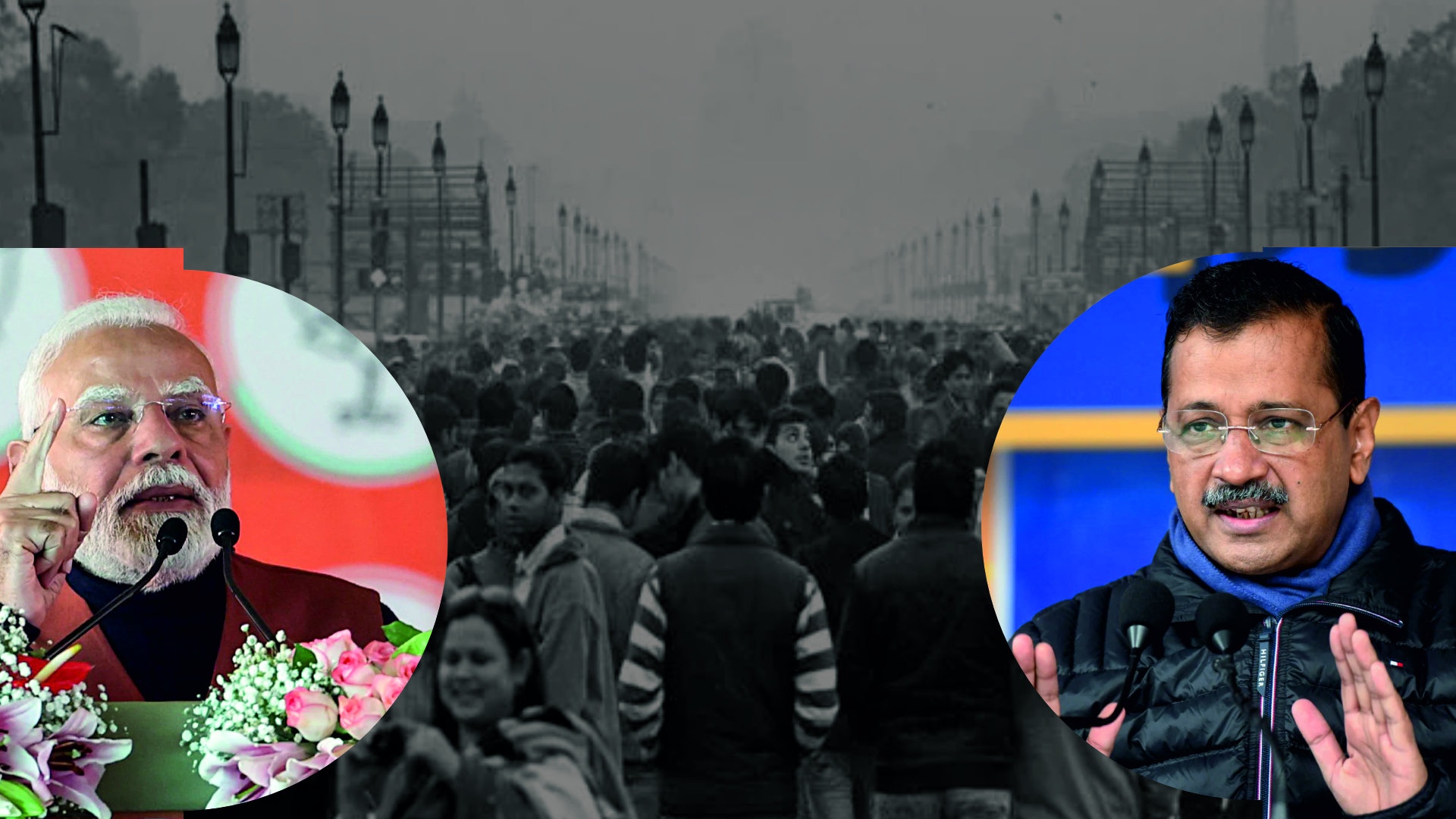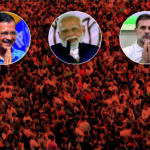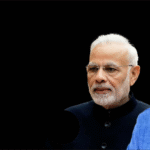Artificial Intelligence (AI) has grown from a fascinating concept into an indispensable part of our daily lives. From virtual assistants like Siri and Alexa to advanced medical diagnostics and self-driving cars, AI is revolutionizing industries and redefining human potential. But as we stand at the brink of 2025, the question remains: What’s next for AI, …
Impact of Delhi CM’s Recent Announcement on Local Politics

Delhi’s political landscape has always been a hotbed of debates and strategies, with every major announcement from the Delhi CM shaping the course of governance and electoral dynamics. The recent statement made by the Chief Minister has triggered widespread discussions across political circles, with reactions coming in from various stakeholders, including the ruling party in Delhi, opposition leaders, and most notably, the BJP party. Given the highly competitive nature of Indian politics, this announcement could have long-term consequences, influencing not just governance but also the upcoming elections.
A Turning Point in Delhi’s Political Narrative
The Delhi CM’s latest declaration has set the stage for intense political activity. His government, known for its focus on social welfare, education, and health reforms, has made several commitments aimed at improving public services. However, opposition parties, particularly the BJP party, have raised concerns regarding the feasibility of these measures, questioning their financial viability and implementation.
Indian politics is often shaped by strong public perception, and every statement from a key leader can sway voter sentiment. This announcement is no different, as it brings forth new challenges and opportunities for the ruling government in Delhi. While the CM’s supporters view it as a progressive step, critics argue that it might be politically motivated, especially with elections around the corner.
Reactions from the BJP Party and Other Oppositions
The BJP party, being a strong contender in Delhi politics, has responded critically to the CM’s statement. Party leaders have raised concerns over budget allocation, policy execution, and the long-term impact on the state’s economy. Their argument revolves around whether the government can sustain the promises made without putting undue financial strain on Delhi’s resources.
BJP leaders have also pointed out that while the Delhi government has made significant announcements in the past, implementation has not always been smooth. They cite instances where projects faced delays or did not yield the expected results. This criticism is expected to be amplified as election campaigns gain momentum.
Other opposition parties have also reacted differently, with some aligning with the concerns raised by the BJP party, while others have cautiously welcomed the move, urging proper implementation.
Public Response and Its Political Significance
Public sentiment plays a crucial role in Indian politics, and the reaction to the Delhi CM’s announcement has been mixed. Many residents who have benefited from previous government policies see it as a positive step towards further development. They believe that these initiatives will improve infrastructure, healthcare, and education, making Delhi a better place to live.
However, a section of the public remains skeptical, particularly regarding the financial aspects of these promises. Concerns about taxation, budget deficits, and the actual execution of these policies are being widely discussed. The BJP party and other opposition groups are expected to capitalize on this skepticism, using it to shape their election strategies.
Impact on Governance and Policy Implementation
The real challenge for the Delhi CM now lies in ensuring that his announcement translates into actionable governance. Indian politics is filled with instances where major promises were made but were either partially fulfilled or abandoned due to administrative and financial hurdles.
The Delhi government has been at the forefront of policy experimentation, introducing initiatives in education, healthcare, and public welfare. However, each new policy brings with it the burden of execution. Ensuring that the promised initiatives are implemented effectively will be crucial for maintaining public trust.
Bureaucratic challenges, legal hurdles, and opposition scrutiny could slow down the process. The BJP party, as a primary opponent, will closely monitor every development, seeking opportunities to highlight inefficiencies or delays.
Electoral Implications and Future Political Strategies
With elections approaching, every move by political leaders is viewed through the lens of voter impact. The Delhi CM’s announcement is no exception. It is widely believed that this declaration is part of a broader strategy to solidify his party’s position before voters head to the polls.
The BJP party, on the other hand, is likely to intensify its campaign against the ruling party in Delhi, focusing on alternative governance models. The party has a strong presence in national politics, and its leaders will use their influence to challenge the CM’s claims, offering their own set of promises to Delhi’s electorate.
Election campaigns in India are often a mix of policy debates, aggressive outreach, and strategic alliances. The upcoming months will see all political parties amplifying their efforts, with the BJP party leveraging its organizational strength to counter the narrative set by the Delhi CM.
The Role of Media in Shaping Public Perception
Media plays an essential role in Indian politics, shaping narratives and influencing public opinion. The Delhi CM’s recent announcement has already gained significant media attention, with news channels, digital platforms, and social media debates focusing on its implications.
Pro-government voices highlight the positives of the announcement, showcasing its potential benefits. Meanwhile, critics, including BJP leaders, emphasize the possible downsides, questioning its practicality. The way media portrays this issue will significantly impact how the public perceives the Delhi CM’s intentions.
Social media platforms, in particular, have become crucial battlegrounds where political parties push their agendas. The BJP party, known for its digital outreach strategies, is expected to use these platforms extensively to counter the ruling government’s claims. Similarly, the Delhi CM’s party will also leverage social media to reinforce its stance, making it a key tool in shaping voter opinion.
Challenges Ahead for the Delhi CM
While the announcement has generated political momentum, the real test lies in execution. The Delhi CM must ensure that his promises do not remain mere electoral rhetoric. His government needs to work on practical implementation strategies, overcoming administrative and financial challenges.
Moreover, with the BJP party keeping a close watch, any shortcomings in execution will be swiftly highlighted. The opposition will not hesitate to question delays or inefficiencies, making governance a highly scrutinized affair in the coming months.
Conclusion
The Delhi CM’s recent announcement has added a new dimension to local politics, setting the stage for an intense electoral battle. Indian politics thrives on strategic moves, and this declaration is seen as part of a larger plan to gain public support ahead of elections.
The BJP party, as a primary opponent, has already launched its counter-narrative, questioning the feasibility and long-term impact of the proposed initiatives. Public response remains divided, with supporters backing the CM’s vision and critics raising valid concerns.
As the election season unfolds, Delhi’s political landscape will witness heightened activity, with parties vying for voter attention. The success of this announcement will ultimately depend on its implementation and how effectively political leaders communicate their vision to the people. With governance, opposition scrutiny, and electoral strategies intertwined, the coming months will be crucial in shaping Delhi’s future.





